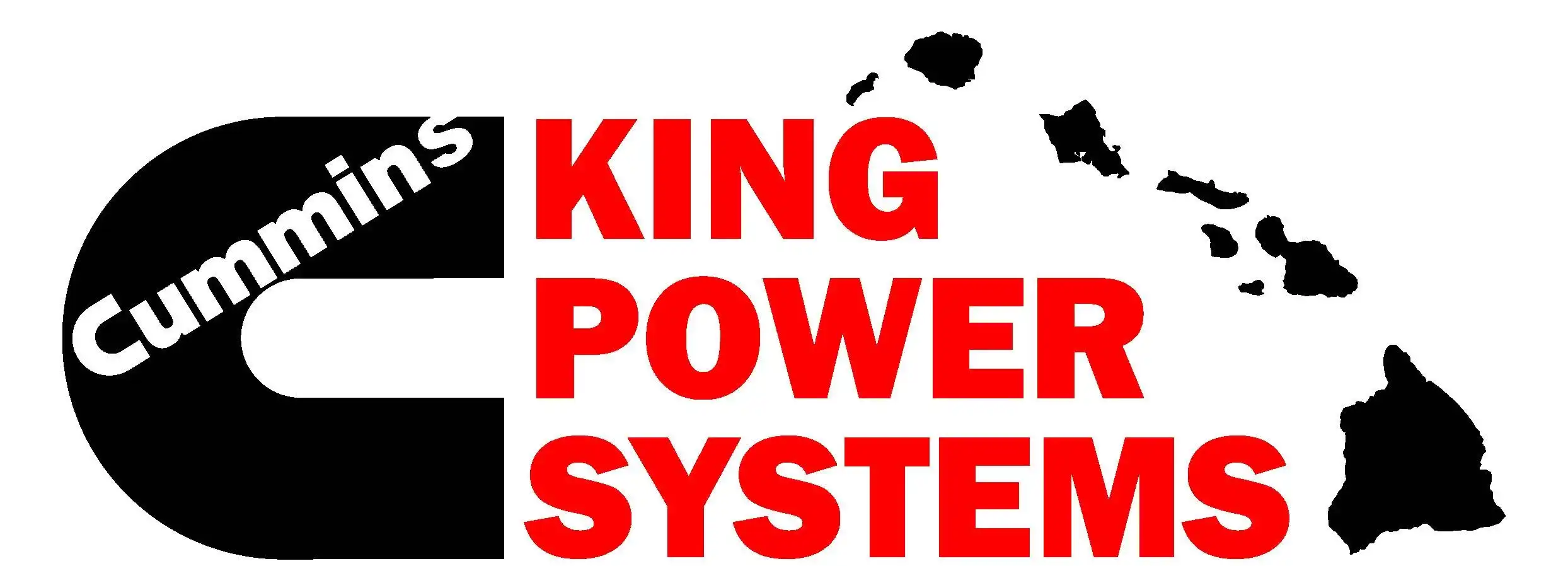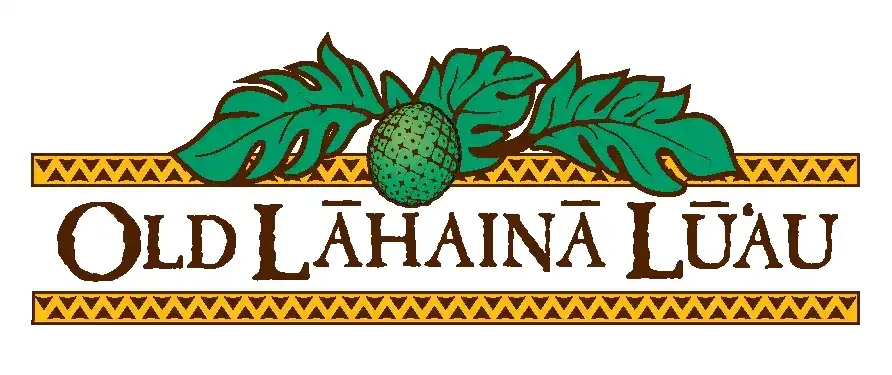MAUI COUNTY TO BE FOCUS OF FCC FOR DTV TRANSITION EFFORTS
The Federal Communications Commission will shift its focus to Maui in the final week before the state makes its switch to all-digital broadcasting on January 15th. During an informational briefing with state lawmakers yesterday, officials said they would use the final nine days to focus technical support on the neighbor islands. West Maui Rep. Angus McKelvey, who chairs the committee on economic revitalization, business & military affairs, which has jurisdiction over the issue, said there are challenges that people, especially in rural parts of Maui need to be aware of. This is because digital broadcast towers have been moved from Haleakala to a site on Ulupalakua Ranch at a lower elevation. Crews will be testing areas where digital signals are the weakest including Eastern Molokai, Parts of East Maui and certain Upcountry regions. Officials say some locations that are blocked from the signal will have to explore satellite programming options.
The FCC presented state lawmakers with their “Countdown to January 15, 2009” program during a joint Senate-House information briefing on the progress the federal government is making towards preparing residents and communities for January 15th when Hawaii becomes the first state in the nation to make the switch to an all digital transmission for television signals on. The national transition date is February 17, 2009.
As Hawaii is the first state, all eyes will be on the transition experience in the islands,” said Lyle Ishida, project director for Hawaii DTV Transition Project. “As such, no other market is getting a high level of FCC attention and support.” According to Ishida, the FCC will be shifting its focus to the Neighbor Islands, particularly focusing on Maui County, during the final nine days prior to the transition to include, but not limited to initializing In-home technical support services and continued training of assistance teams, expanding call center expansion capabilities including activating ten phone lines of service as well as move the base of operations and resources to Maui and the Big Island. The FCC also plans launch daily multiple consumer assistance clinics and commence an aggressive media utilizing Maui media outlets including print and radio.
“From what we heard this morning, the FCC is doing everything possible to make sure that Hawaii makes the transition to digital successfully,” said West Maui Rep. Angus McKelvey, who chairs the House Economic Revitalization, Business & Military Affairs committee that has jurisdiction over the DTV issue. “While it is exciting to be the first state to make the switch, leading the nation in broadcast technology, the fact is that we have challenges that people especially in the rural parts of Maui, need to be aware of,” he said.
Ishida told the joint committees the FCC has conducted numerous events and training sessions in Hawaii over the past several months.
Ishida, however, did caution the committee that there may be some problems for some residents in certain areas of Maui because of the fact that the digital broadcast towers have been moved on Maui from Haleakala to a site on Ulupalakua ranch at a lower elevation.
“Unlike analog signals which may give partial picture or sounds when the signal is weak with digital transmission technology there is a ‘digital cliff’ whereby is the signal is too weak to be received then the viewer will see nothing but a black screen,” commented Ishida.
This digital cliff phenomenon will affect mostly Eastern Molokai, parts of East Maui and certain Upcountry regions. Testing will begin on Jan 9th on Maui, Molokai, Lanai and the Big Island.
According to Ishida, the tests will allow them to make digital signal limitations maps which can then be used by the government to identify areas where even those with new converter boxes may not be able to get a signal due to the digital cliff issue.
The director explained that residents in the area may receive a ‘lifeline’ rate that will allow viewers to get basic cable at a reduced rate. He cautioned however that cable infrastructure may be unavailable in some of these places.”
“In these cases people will have no choice but to explore satellite programming options,” Ishida said.
In addition, the FCC Transition Team is looking for clubs, organizations, teams, etc. in the Molokai area to be trained in the installation and troubleshooting of the converter boxes to assist them in outreach efforts by helping with setting up TVs for anyone that needs the assistance, especially the elderly and those whose family members speak English as a second language.
Regarding the availability of coupons, the federal government offers up to two coupons per household for discounts on the purchase of converter boxes (between $48-70) that will be required for television sets receiving TV over the air. Coupons can be redeemed at various retail locations throughout Maui and further information may be obtained by calling 1-888-DTV-2009 or online at www.dtv2009.gov. Ishida said while there were no retail locations on Molokai they have arranged to have their teams at the Friendly Market with boxes to help residents there.
“I am thankful to the FCC and the DTV team for their intense focus on Maui during this critical period of the transition,” McKelvey said. “For many of our Maui residents especially those in our rural areas TV is more than just a way to catch the UH game, it is an essential lifeline of information during times of disaster as was illustrated by the earthquake a few years ago.”
McKelvey urged residents to utilize the resources available through the transition team at http://www.dtv.gov/hawaii or http://www.hawaiigoesdigital.com (Email: hawaiidtvtransition@fcc.gov; Telephone: 541-2388) as soon as possible and to touch base with those friends and family that have analog systems. “The rest of the country will be watching Hawaii, and we need to help each other and work together to make sure that no one gets left behind,” McKelvey said.
(Posted by Wendy Osher:Â Wednesday, January 07, 2009)










